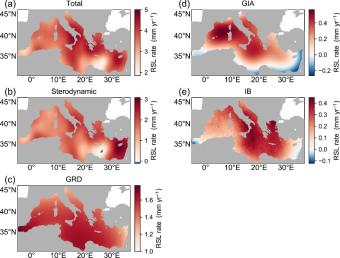well maybe you should do some reading too.
Now in its fourth year of operation, the Venice system of mobile barriers has proven very effective in safeguarding Venice from acqua alta, the high tides in the lagoon that used to periodically flood the city. MOSE (Modulo Sperimentale Elettromeccanico) barriers, that are lifted from the seabed to stop water from the Adriatic Sea from entering the lagoon, have been raised 31 times since October. In the three previous autumn-to-summer cycles, they were used fewer than 20 times. With predicted a steady rise of the Adriatic Sea sea level, some experts are concerned that MOSE closures will become increasingly frequent, and that this may have an impact on the delicate lagoon ecosystem.Over the past 60 years, tides exceeding 1.1 metres (the level above which MOSE is activated) have become more frequent. According to the city’s Tide Study Center, there were 30 such high tides between 1870 and 1949, compared to 76 in the last 9 years alone. Some projections (not yet peer-reviewed) indicate that by the end of the century, in a climate scenario with no mitigation effort, MOSE would be activated and the lagoon would be closed for approximately 260 days per year. The lagoon’s water temperature would surpass 30°C for more than four months, leading to an increase in marine heat waves, and the average water renewal time would triple.Fabio Pranovi, Professor of Environmental Sciences at Venice’s Ca’ Foscari University, says that in some areas of the lagoon the water exchange time is already above 11 days. Further increases will affect water and air quality, especially in warm periods when most decomposition occurs. Nutrients, like nitrogen and phosphorous from the drainage basin, could accumulate and spur the production of algae, causing eutrophication.
https://www.nature.com/articles/d43978-024-00062-x
and:Posted: 31 October 2022Scientists from the National Oceanography Centre (NOC) have discovered a substantial rise in sea-levels in the Mediterranean Sea, using a vital new method to measure changes in sea-level.
The study, published in Journal of Geophysical Research: Oceans, demonstrated that sea levels in the Mediterranean Sea have risen at vastly higher rates over the past 20 years compared to the entire of the 20th century.
The study revealed that sea level in the Mediterranean Sea increased by about 7cm in the period 2000–2018. Previous changes in sea-level rise in the Mediterranean Sea have been highly unpredictable due to limited observational data but using this latest method, scientists analysed sea-level data from tide gauges and satellites to reveal an enormous increase as a result of ocean warming and land ice-melt.
Dr Francisco Mir Calafat, Senior scientist from the Marine Physics and Ocean Climate group at the National Oceanography Centre, said: “Our research demonstrates how climate change has sped up sea-level rise in the Mediterranean significantly since the turn of the millennium through increased melting of land ice. This is especially true in the Adriatic, Aegean and Levantine Seas which are rising even faster than the rest of the Mediterranean.”
https://noc.ac.uk/news/staggering-sea-level-rise-mediterranean-sea-revealed-new-study
- Forums
- Political Debate
- Finally an admission










